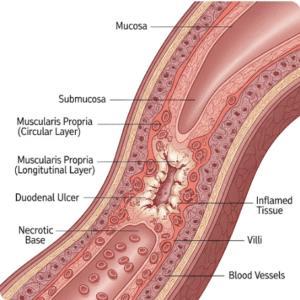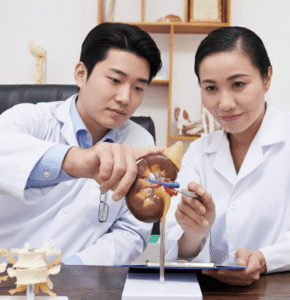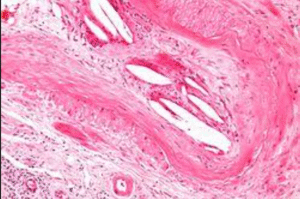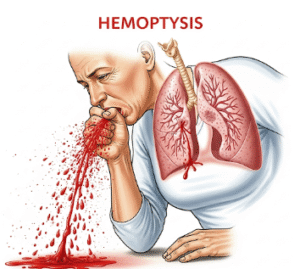Fever of Unknown Origin (FUO) refers to a fever lasting for more than three weeks, with no identified cause after initial evaluation. It is a diagnostic challenge for physicians as it can be linked to infectious diseases, autoimmune conditions, cancers, or other rare disorders. In Korea, FUO cases are approached with a systematic and multidisciplinary medical strategy, utilizing advanced diagnostic technology, laboratory testing, and collaboration between infectious disease specialists, rheumatologists, and oncologists.
What is Fever of Unknown Origin?
FUO is defined as:
- A body temperature above 38.3°C (101°F) on several occasions.
- Lasting for more than 3 weeks.
- Without a clear diagnosis despite standard evaluation for at least 1 week in a hospital setting.
Symptoms
- Persistent high fever
- Chills and night sweats
- Fatigue and weight loss
- Muscle and joint pain
- Enlarged lymph nodes (in some cases)
- Loss of appetite
Causes
The underlying cause of FUO can be divided into four categories:
- Infections – Tuberculosis, abscesses, HIV, endocarditis.
- Cancers – Lymphomas, leukemia, renal cell carcinoma.
- Autoimmune/Inflammatory diseases – Systemic lupus erythematosus (SLE), rheumatoid arthritis, vasculitis.
- Miscellaneous/Other causes – Drug reactions, metabolic disorders, factitious fever (self-induced).
Risk Factors
- Immunocompromised patients (HIV, organ transplant, chemotherapy)
- Elderly individuals with chronic illnesses
- Travelers returning from endemic regions (malaria, typhoid)
- Patients with implanted medical devices (catheters, prosthetic valves)
Complications
- Delay in diagnosis can worsen prognosis
- Organ damage from prolonged infection or autoimmune activity
- Sepsis (if infection is left untreated)
- Cancer progression in undiagnosed cases
- Psychological stress and decreased quality of life
Prevention
- Routine vaccinations and preventive screenings
- Timely treatment of infections
- Careful monitoring of chronic illnesses
- Avoiding unnecessary use of immunosuppressive drugs
- Comprehensive medical evaluation for persistent fever
Treatment Options in Korea
Diagnosis
- Comprehensive blood tests (CBC, ESR, CRP, cultures)
- Imaging scans (CT, MRI, PET-CT)
- Echocardiography to detect endocarditis
- Bone marrow biopsy for blood cancers
- Autoimmune screening tests (ANA, rheumatoid factor)
- Molecular testing for rare pathogens
Medical Treatments
- Empiric antibiotics (used cautiously)
- Antitubercular therapy if TB is confirmed
- Corticosteroids for autoimmune-related FUO
- Antiviral or antifungal therapy if detected
- Supportive care (fluids, nutrition, fever management)
Surgical & Advanced Interventions
- Abscess drainage
- Removal of infected prosthetic devices
- Cancer-directed therapy (chemotherapy, targeted drugs, immunotherapy)
Rehabilitation and Support in Korea
- Long-term monitoring with infectious disease and rheumatology specialists
- Nutritional and immune-boosting support
- Counseling services for stress management due to prolonged illness













